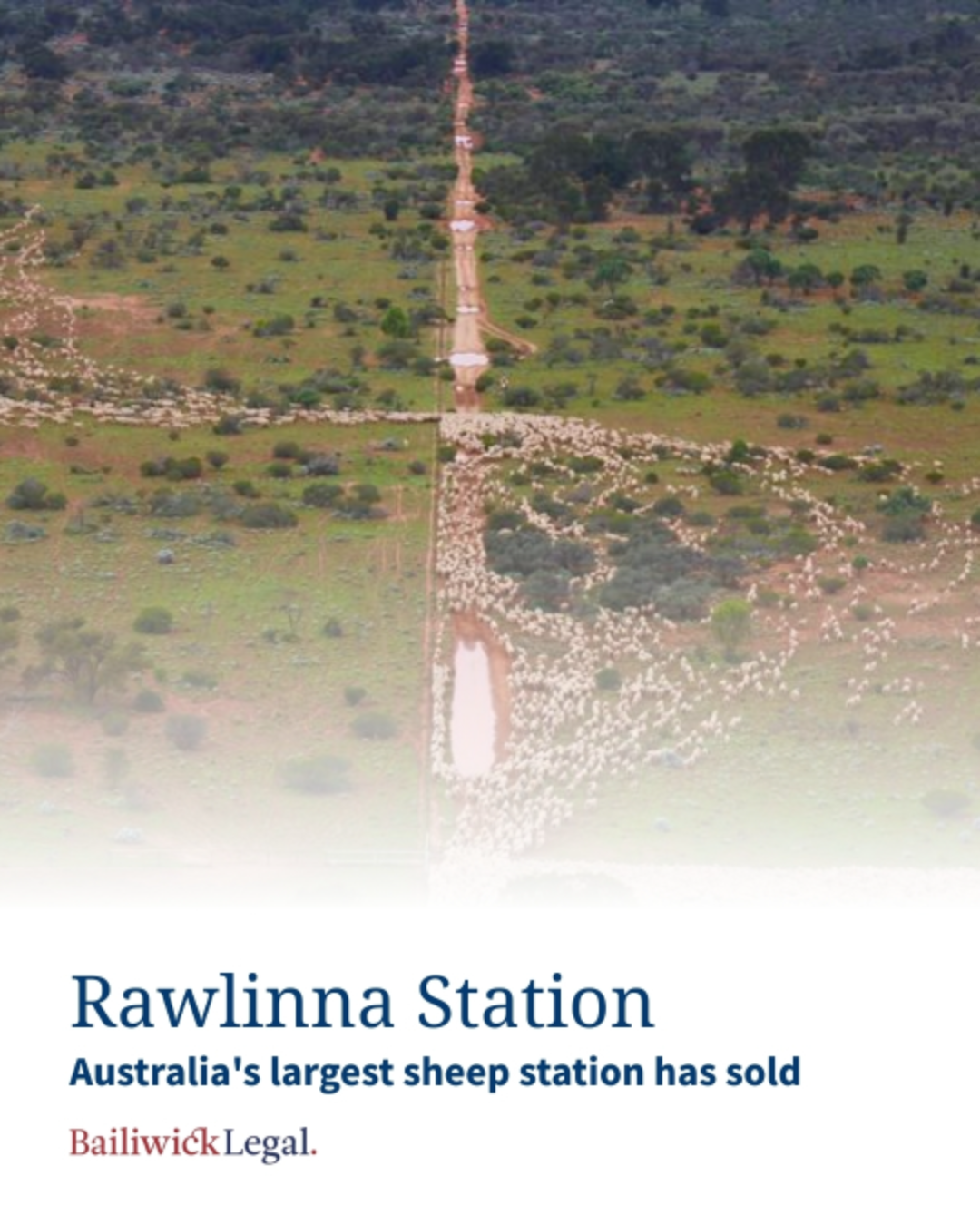Harvest Labour
February 19, 2026
Don't be Casual When Employing Harvest Casuals
Harvest is a busy time for farmers and their workers. The lead up to harvest comes quickly and the essentials of recruitment and compliance can often be overlooked. However, it is important that you get appropriate contractual arrangements in place early and that you cover workers’ lawful entitlements to avoid future disputes.
Employees vs Contractors
During harvest, labour is often engaged on either an employment or subcontract basis. From a risk perspective, it is important to know the difference between the two because there can be severe penalties if you misclassify an employee as an independent contractor (or vice versa). When considering whether to employ or subcontract your harvest labour, the following factors should be considered:
- are there fixed working hours;
- who controls and directs the work;
- who bears the commercial and financial risk;
- is there an ongoing expectation of work;
- what is the method of payment;
- how is superannuation to be dealt with;
- is tax pay-as-you-go (PAYG) or Goods and Services Tax (GST);
- do you require pre-engagement medicals and or training; and
- who covers insurance, workers compensation and public liability.
If you engage a person to provide their labour, establish set hours of work for them and maintain control over the work the person does, then it is likely that the person will be (at law) considered an employee and you will be required to meet certain minimum statutory entitlements, such as payment of a minimum wage, regulated hours of work, leave (casuals are entitled to leave in certain circumstances) and superannuation payments.
On the other hand, if you engage a person who uses their own harvester (or other similar equipment) and contracts with other farmers to get their crops off, then the person is likely to be (at law) considered a contractor.
It is important to also note that some statutory obligations, such as safety laws, are likely to apply regardless of whether the person is an employee or contractor whilst working on your property.
Written Agreements
Regardless of whether you engage employees or contractors, a written agreement should always be set up to establish the appropriate terms and conditions applicable to the relationship. For employees, it is important to have an agreement that provides for conditions such as the role, hours of work, pay and notice, to name a few.
Employee Entitlements
Employees will invariably be covered by an “Award”. An Award is a legal document which sets minimum terms of employment within a specific industry or occupation. The two Awards that are most applicable to harvest labour in Western Australia are the Pastoral Award 2020 (Cmlth) and the Farm Employees Award (WA). Again, it is important to understand which of these Awards will apply to your employees. This is a topic for another time.
Information about the above Awards can be found using the below links:
- https://www.commerce.wa.gov.au/publications/wa-award-summary-farm-employees-award
- https://www.fairwork.gov.au/employment-conditions/awards/awards-summary/ma000035-summary
What Should You Do
Taking the time to sort out employment contracts, and contractor agreements, can be the difference between a swift harvest or a stressful one and minimises the prospect of dispute. It is therefore important, and strongly recommended, to engage with a professional to assist you in this area.
By Matilda Lloyd (Solicitor)
If you would like more information about harvest labour, the Awards or contractual agreements, please contact us on (08) 9321 5451 or by email at office@bailiwicklegal.com.au.
For further information about our legal services, please visit our website: https://www.bailiwicklegal.com.au/
The above information is a summary and overview of the matters discussed. This publication does not constitute legal advice and you should seek legal or other professional advice before acting or relying on any of the content.













